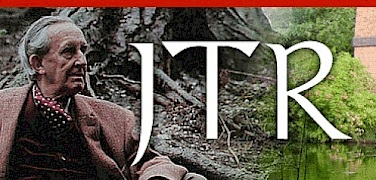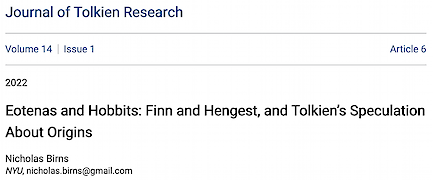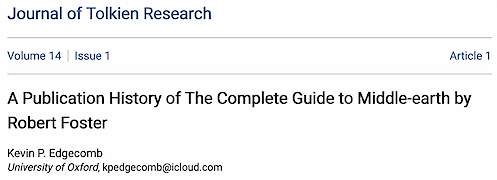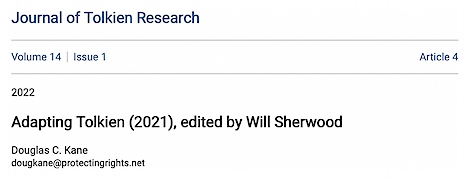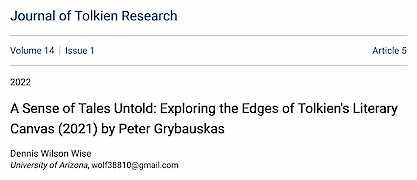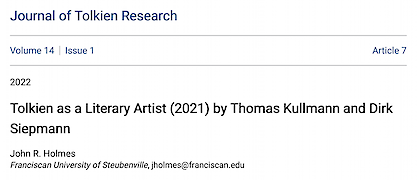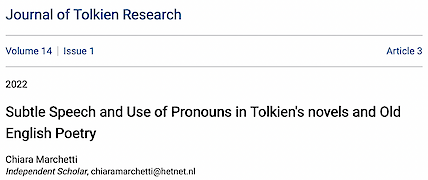
Subtle speech and use of pronouns in Tolkien’s novels and Old English poetry
Chiara Marchetti, 24 January 2021 | p. 3
In human conversations, verbal exchanges follow rules. Applicable both to Old English poetry and Tolkien’s fiction, rules governing speech set the right quantity and quality of information to be transmitted and provide strategies to avoid conflicts. What is too redundant or scanty in a speech might indicate more layers of meaning, which are implied or suggested.
Language can create or resolve conflicts; the careful use of words and even pronouns can make a difference between self-assertion and cooperation, unity and separation. Such refined linguistic technique is visible in Old English poetry, where dialectal ability is as important as valour, where “the hero has to prove he is a talented speaker in order to be acknowledged”, navigating in the complex reality of Anglo-Saxon society.
I compared the use of first person pronouns in The Lord of the Rings and The Hobbit with Old English poems such as Beowulf, Genesis B and elegies such as The Wanderer, mostly focusing on complex characters like Boromir, Thorin, Denethor, Gollum and Saruman.
Boromir and Beowulf similarly alternate individualistic “I” and social “we”. Both participate in an episode of “flyting”, or verbal duel, where Beowulf’s opponent and Boromir initiate the challenge. Beowulf boldly responds in aggressive terms, in contrast to Boromir’s opponent, Aragorn, who reacts to the challenge peacefully trying to mitigate it. Thorin’s pride is similar to Boromir’s and he equally falls prey to his greed but eventually redeems himself. His use of first-person pronouns resembles Beowulf’s and Boromir’s. Denethor is as proud and self-centered as Satan, both using a profusion of “I”. The equivalent of the Old English dual pronoun, “we two,” is variously used by Tolkien, particularly by Saruman who creates false alliances to his advantage. Gollum is the best example of alternation of “I” and “we”, correct or distorted speech reflecting his inner motivation.
Tolkien’s use of language in The Lord of the Rings is extremely accurate. The use of first person pronouns is similar to and as precise as Old English poetry.
